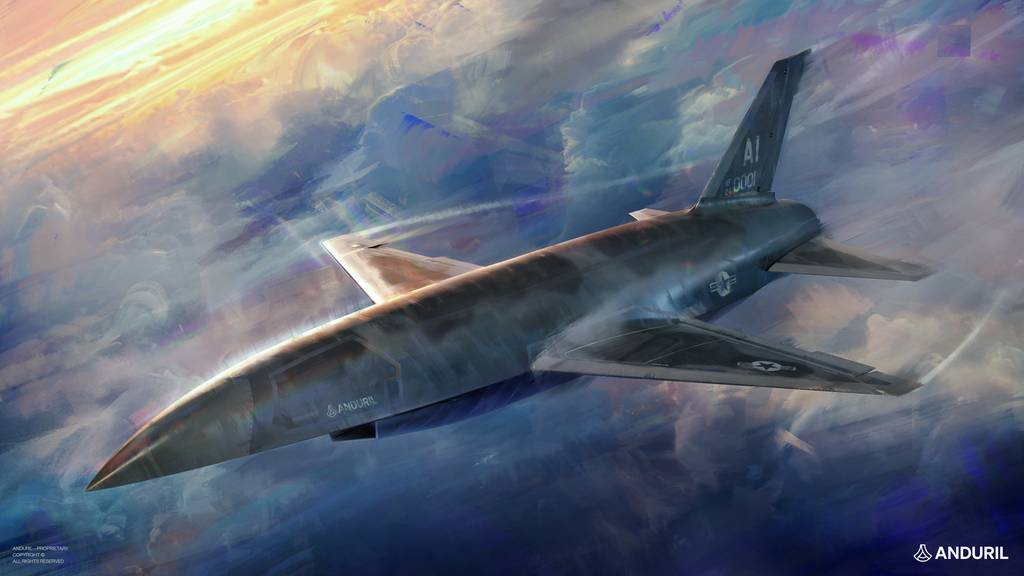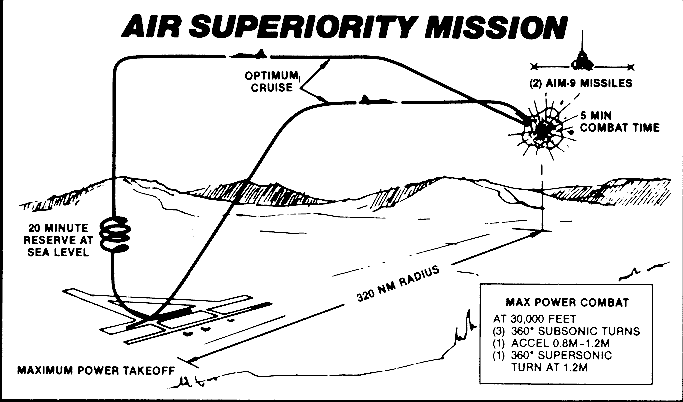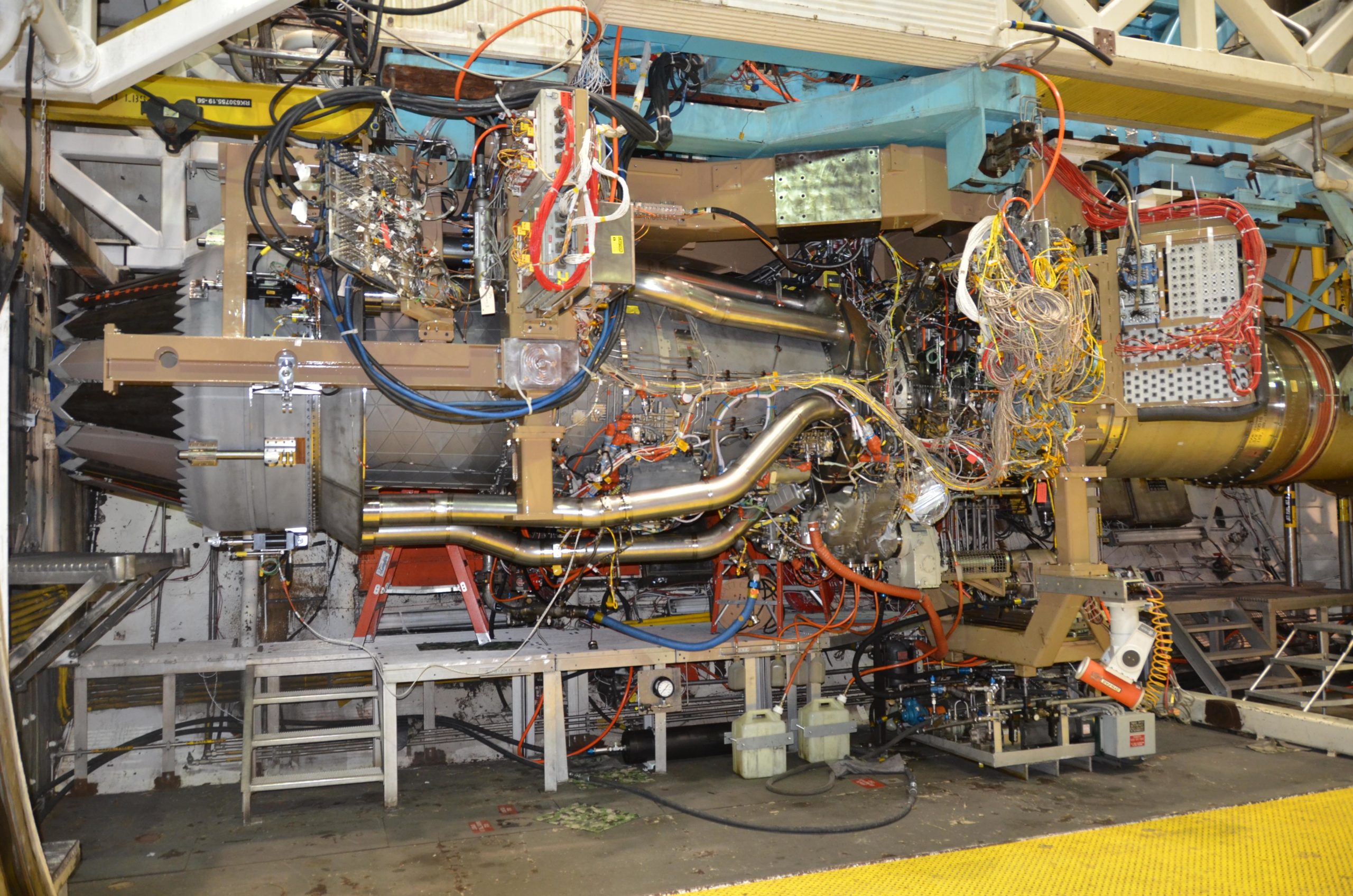Not sure, I don't think the NGAD will be an F-15 replacement. Originally the F-22 was supposed to do that, but it was cancelled due to it being more expensive both to procure and operate, leading to an airforce that's less effective dollar-for-dollar than the one that came before it, in cases where the high-end capabilities of the F-22 are not utilized.
Going with an aircraft that's even more expensive than the F-22 would be going in the wrong direction.
The greatly increased range thing also sounds dubious, extra fuel is just pure performance/weight penalty, considering we're entering the range where stealth tanker drones are a thing, it makes less and less sense every day, especially since the Navy NGAD will occupy the long-range niche.
No, the USAF needs even longer range than the USN does to be able to operate from bases in the Pacific. The USN can move their carriers closer, but 1000nmi (500nmi radius) isn't enough to get anywhere in the Pacific. I wouldn't be surprised if the FAXX has a 2000nmi range and NGAD ends up with a 3000nmi range.
NGAD can have a huge range without compromising performance because their engines are making 45klbs thrust each and burn 25% less fuel than F135s do,
at the same time. With that much engine power, the NGAD can take off at 110,000lbs MTOW with 40,000+lbs of fuel onboard. Even the F111B only carried 23klbs fuel (and had a range of 1830nmi). 110k MTOW and 40something-k fuel, with 90klbs thrust means that it will have a power:weight ratio of 1:1 at a range of about 1700nmi and a total combat range of about 3400nmi (based on F111B range with 23klbs fuel).
The USN FAXX will presumably use the same engines, but has a MTOW limit of about 88klbs due to the catapults and arresting gear limits. So it'll have a T:W of 1:1
at takeoff. Recovery weight I'm guesstimating at about 55klbs (IIRC that's about the max for arresting gear). The good news is that current air to air missiles are light, so a load of 10x AMRAAMs and 2x Sidewinders is ~3750lbs. Which puts empty weight about 45klbs, landing with ~6000lbs of fuel left in the jet and ~4000lbs of weapons. Fuel load? ~29,000lbs.
If I would imagine an F-15 replacement, I would think along the lines of the Turkish 5th gen jet - take the F-22 concept, apply major cost savings, and add more range/payload. But I don't think the USAF is going to do that, I think they're thinking in a novel force structure, which might prove itself in practice or not.
From what I gather the NGAD will be, is decidedly not an F-15 replacement, but a blank-cheque aircraft, procured in small numbers, that will demonstrate US technological supremacy and be able to outclass every existing 5th gen aircraft by a healthy margin and give headaches to enemy military planners.
The
newest F-15C/D in the fleet was built
in 1985. 39 years old. There are 167 total F15C/Ds in service with the USAF at present (2022 report numbers). The F15EX buy is planned for 104 thus far, so the "interim replacement" for the F15C will probably be the EX at close to 1:1. But it's looking like the F15EX has LESS range than an F15C, at least according to the wiki entries. F15EX is 6000+lbs heavier than a -C empty, and the EX has a MTOW that is 13,000lbs higher than a -C.
The number of NGADs to buy that is getting kicked around is about 200 manned airframes, plus however many CCAs they make. I think that's a poor call, but that's the current number. I'd want more like 400-500 NGADs, to replace the F15s and F22s numbers-wise. But what's likely to happen is that all the F15s and F22s get sent to Europe, while the NGADs are for the Pacific.
Stealthy tanker drones are for the F35s first.



